August 9, 2023
Want to know what is really happening in the world of work? Don’t miss Workplace Trends
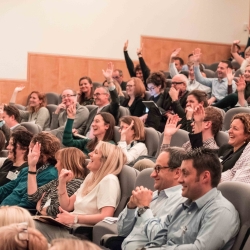 In the ever-evolving discussion around the landscape of work, one established industry event stands as a beacon of knowledge and innovation for workplace professionals: the Workplace Trends Conference. The 2023 conference on 18 October, in London and online, promises a day of enlightenment, inspiration, and connection that’s not to be missed. Workplace Insight is pleased to be a media partner for Workplace Trends Conferences. Our readers may claim a 20 percent discount on their ticket price by using promo code INSIGHT20 when registering at https://workplacetrends.co/events/wt23/ (more…)
In the ever-evolving discussion around the landscape of work, one established industry event stands as a beacon of knowledge and innovation for workplace professionals: the Workplace Trends Conference. The 2023 conference on 18 October, in London and online, promises a day of enlightenment, inspiration, and connection that’s not to be missed. Workplace Insight is pleased to be a media partner for Workplace Trends Conferences. Our readers may claim a 20 percent discount on their ticket price by using promo code INSIGHT20 when registering at https://workplacetrends.co/events/wt23/ (more…)





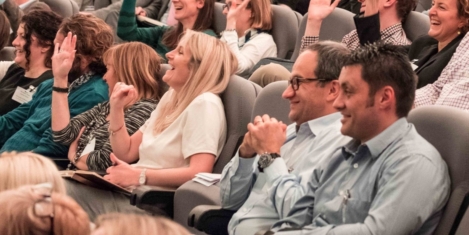






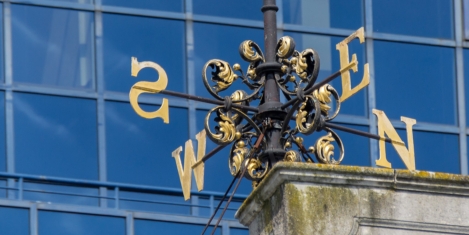
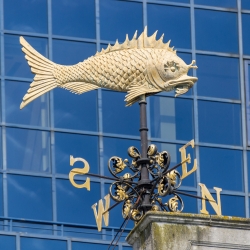 After two years on Brighton seafront,
After two years on Brighton seafront, 
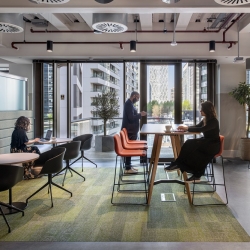



 Workforces need to evolve now more than ever.
Workforces need to evolve now more than ever. 












August 7, 2023
Rummaging through the workplace memory hole
by Mark Eltringham • Comment, Flexible working, Property, Technology, Wellbeing, Workplace design